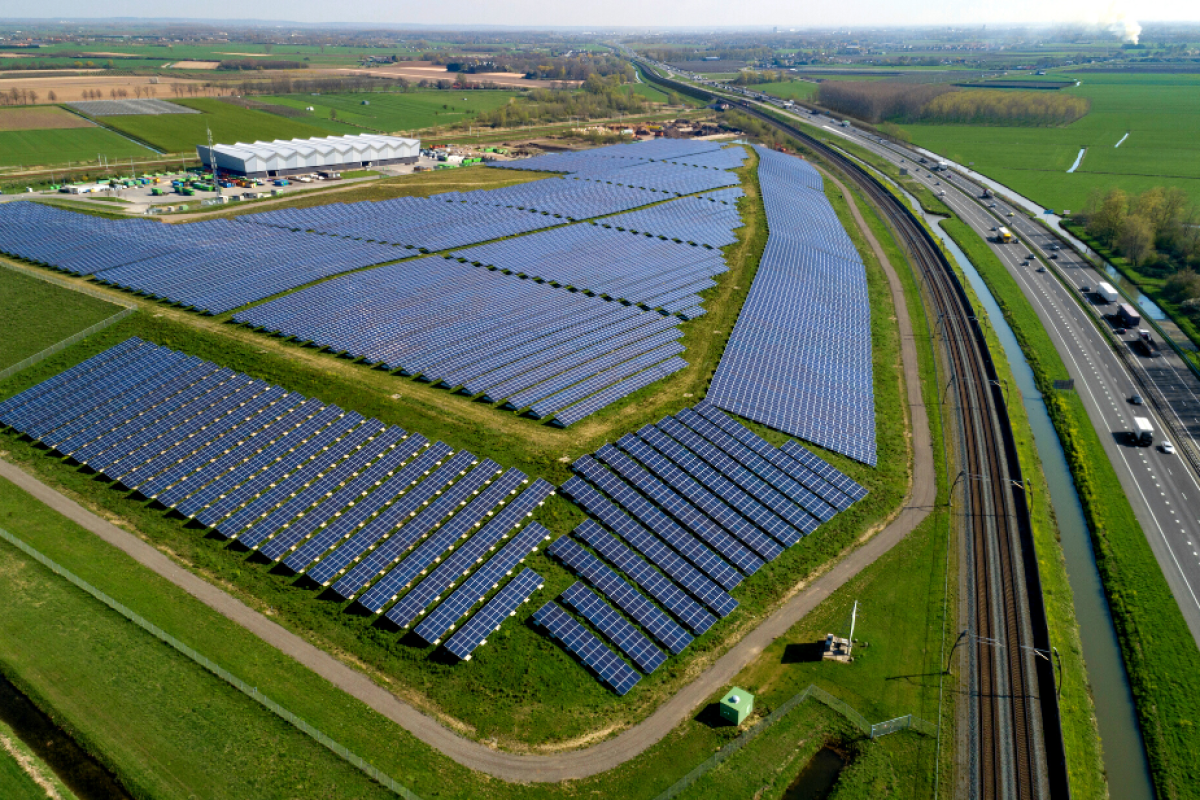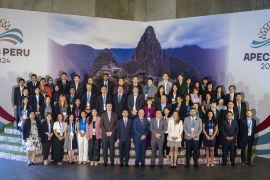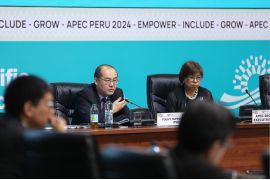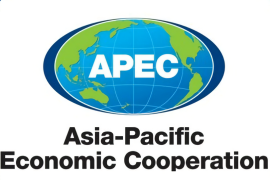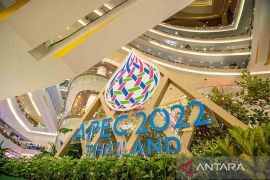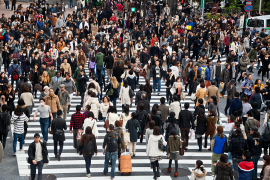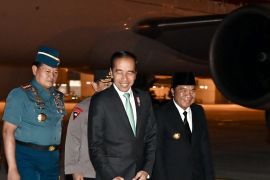Exploring an expansion of the list makes sense. On one hand, technology is changing faster than ever and new environmental products are appearing, while on the other hand, developing economies could benefit more by taking a global value chain approacJakarta (ANTARA) - Expanding the APEC list of environmental goods will boost Asia-Pacific’s response to the urgency of adaptation to and mitigation of the global climate crisis and promote sustainability, an APEC Policy Support Unit policy brief stated.
The APEC list of environmental goods is a commitment endorsed by leaders in 2012 to reduce tariff rates of 54 goods to five percent or less by the end of 2020, with the objective of improving access to environmental technologies and contributing to green growth and trade liberalization.
The list includes solar panels, wind turbines, bamboo flooring, as well as environmental monitoring, analysis and assessment equipment, among others.
Since then, the trade of products on the list has grown significantly for the APEC region, according to a release issued by the APEC Policy Support Unit and received here on Tuesday.
Related news: Asia-Pacific business leaders press for people-centric solutions
APEC’s exports and imports of those 54 products increased by 5.7 percent and 13.5 percent, respectively, between 2012 and 2019. Similarly, intra-APEC trade of these products expanded by seven percent.
In comparison, the global trade of products on this list increased by 6.4 percent during the same period.
"International trade allows lower-cost access to environmental technologies and promotes competition to spur the development of environmental goods and services," a senior analyst with the APEC Policy Support Unit Carlos Kuriyama explained.
"In addition, international trade could empower communities that produce those goods and benefit communities that need to utilize those goods to address issues of environmental degradation," Kuriyama stated.
Related news: APEC finance ministers give due weight to sustainable recovery
Almost a decade since the endorsement of APEC’s list, Kuriyama highlighted that more needs to be done in several areas, including trade. Adding new products to the list could help bolster environmental protection and resource management.
"Exploring an expansion of the list makes sense. On one hand, technology is changing faster than ever and new environmental products are appearing, while on the other hand, developing economies could benefit more by taking a global value chain approach to environmental goods," he affirmed.
Kuriyama noted that several developing economies participate in the production of intermediate goods and components that play an important role in the value chain of environmental goods.
Those components, for instance, may include materials, such as steel, copper, silica, and molten salt, for building concentrated solar power systems.
The policy brief pointed out that promoting more products to encourage climate change adaptation and mitigation, as well as other environmental concerns could help member economies meet their own environmental targets.
New Zealand, the host of APEC 2021, has been leading the process to update the APEC List of Environmental Goods as well as identify environmental services that could be added. APEC Senior Officials are expected to continue their deliberation at their upcoming meeting on November 5.
Related news: New Zealand joins APEC's efforts to implement business ethics pacts
From a trade perspective, a more meaningful contribution in support of green growth requires a more comprehensive range of products, according to the policy brief. It encouraged APEC members to consider adding goods that are cleaner or more environment-friendly to the list.
"An expansion of the APEC List of Environmental Goods is a positive signal that APEC could send to the world as a leading forum for proposing options to help address environmental issues," Kuriyama stated.
"Making progress on the APEC List of Environmental Goods is particularly important, as parties are seeking to accelerate action towards realizing the goals of the Paris Agreement and the UN Framework Convention on Climate Change at the COP26 summit this week," he stated.
Related news: Pertamina, ExxonMobil agree to develop low carbon technology
Related news: Asia-Pacific business leaders press for people-centric solutions
Reporter: Yuni Arisandy Sinaga
Editor: Fardah Assegaf
Copyright © ANTARA 2021
